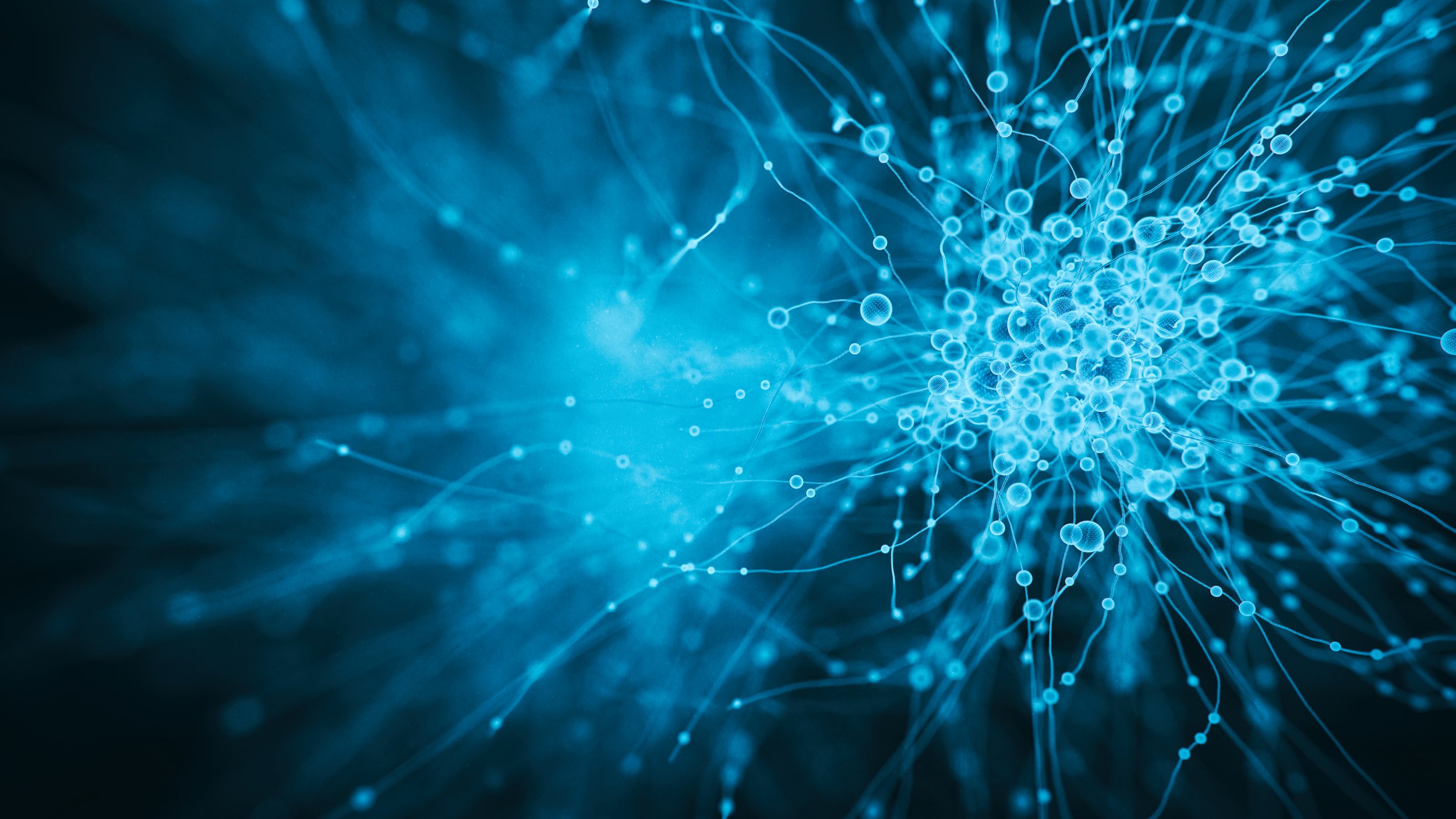
The Harvard Program in Neuroscience Post-Baccalaureate program
We expect to have updated deadlines and essay questions for the 2025-2026 application cycle available in the coming months. Please check back for updates.
The Harvard Program in Neuroscience Post-Baccalaureate (PiNBAC) program is a training program for recent college graduates interested in applying to PhD programs in the neurosciences. PiNBAC offers longitudinal science curriculum, individualized professional development, and assistance in graduate applications. The overall mission of PiNBAC is to support educational activities that encourage individuals from all backgrounds to pursue further studies or careers in research.
Preparing talented students for graduate school
Duration
2 Years
Annual Salary
Key Dates
~$50,000*
We expect to have updated deadlines and essay questions for the 2025-2026 application cycle available in the coming months. Please check back for updates.
Program Outcomes Summary
Data collected from anonymous pre- and post- PiNBAC survey
100% of trainees say the benefitted from the PiNBAC program
Majority of trainees strongly agree they can do excellent work in any lab they join throughout their career
Majority of trainees strongly agree that the PiNBAC program helped them achieve the next step towards their career goals
Survey Testimonials
“This program has been essential to my success in pursuing graduate school. I am so grateful for everything from the PiNBAC team!”
“This program has really helped advance my career and helped me get into places I never imaged. Thank you so much and keep up with the great work!”
“Overall, I have really enjoyed my experience in PiNBAC and am extremely grateful for it! I am excited for what my future in research will look like as a result of the amazing experiences I have had during these 2 years.”
READ MORE ON OUR BLOG
Funding & Support
The research and activities on this website are supported by the following:
Grant from the David and Lucile Packard Foundation
Generous contributions from Tom Roberts and Susan DaSilva
Department of Neurobiology at Harvard Medical School
The Program in Neuroscience at Harvard University
National Institute of Neurological Discorders and Stroke of the National Institutes of Health under Award Number R25NS130945


